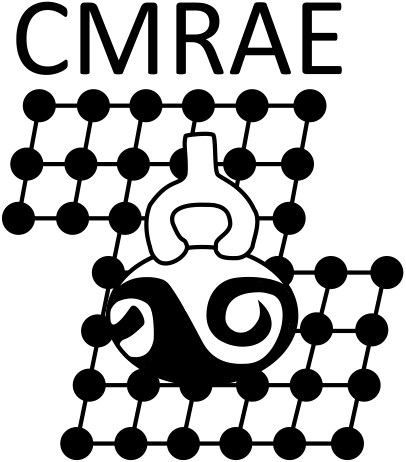
Fiske Memorial Center for Archaeological Research
Department of Anthropology
McCormack Hall, Floor 01
Boston, MA 02125
(617) 287-6838
Profile
Heather Trigg is a Research scientist at the Andrew Fiske Memorial Center for Archaeological Research at the University of Massachusetts Boston. Using paleoethnobotany and paleoparasitology, she explores the intersection of footways and landscape with processes of colonization, diaspora, and urbanization. She is also interested in the development of Latinx identity in the American Southwest during the 17th and 18th centuries, a period when Spanish colonizers adapted to the challenging environment of New Mexico and developed relationships with the Indigenous people who lived there. She is a former editor of the Journal of Ethnobiology, author of the book From Household to Empire: Society and Economy in Early Colonial New Mexico, and author of such articles such as Spanish Use of Plants and Animals in Early Colonial New Mexico, Archaeological Parasites as Indicators of Environmental Change in Urbanizing Landscapes, and Spanish-Pueblo Interactions in New Mexico’s Seventeenth-Century Spanish Households: Negotiations of Knowledge and Power in Practice.
She also teaches courses and advises students in the Historical Archaeology Graduate (M.A.) Program.
Selected Publications
H. Trigg (2020). Spanish-Pueblo Interactions in New Mexico’s Seventeeth-Century Spanish Households: Negotiations of Knowledge and Power in Practice. International Journal of Historical Archaeology.
H. Trigg (2017). Archaeological Parasites as Indicators of Environmental Change in Urbanizing Landscapes: Implications for health and Social Status. American Antiquity.
H. Trigg (2016). Urbanization and Landscape Change in Early-Eighteenth-Century Boston: The Environmental Archaeology of Town Dock. Historical Archaeology.
H. Trigg (2016). Intercepting Landscapes: A Palynological Study of Pueblo, Spanish, and Anglo-American Land Use in New Mexico. Historical Archaeology.

